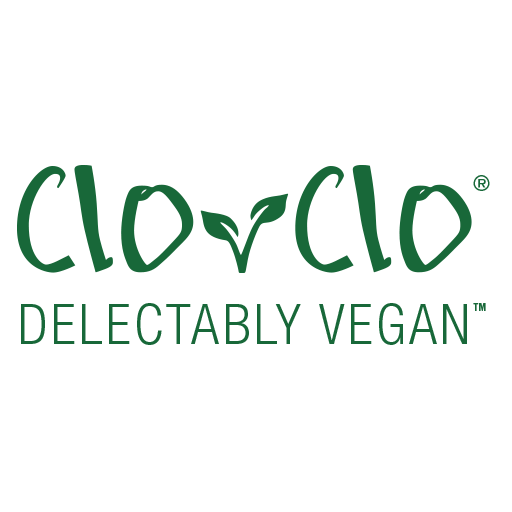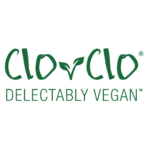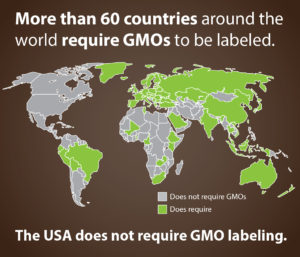Which foods might contain GMOs?
Most packaged foods contain ingredients derived from corn, soy, canola, and sugar beet — and the majority of those crops grown in North America are genetically modified.
Animal products: The Non-GMO Project also considers livestock, apiculture, and aquaculture products at high risk, because genetically engineered ingredients are common in animal feed. This impacts animal products such as eggs, milk, meat, honey, and seafood. Processed inputs, including those from synthetic biology, GMOs also sneak into food in the form of processed crop derivatives and inputs derived from other forms of genetic engineering, such as synthetic biology. Some examples include hydrolyzed vegetable protein corn syrup, molasses, sucrose, textured vegetable protein, flavorings, vitamins, yeast products, microbes and enzymes, flavors, oils and fats, proteins and sweeteners.A significant portion of all genetically modified crops grown worldwide has been engineered for herbicide tolerance. As a result, the use of toxic herbicides has increased significantly since GMOs were first introduced. Most GMOs are a direct extension of chemical agriculture and are developed and sold by the world’s largest chemical companies. The long-term impacts of these GMOs are unknown. Our team of professionals painstakingly reviews all of the ingredients to the best of their ability, to make sure our products do not contain genetically modified materials.




 A growing body of evidence connects GMOs with health problems, environmental damage, and violation of farmers’ and consumers’ rights. More than 60 countries around the world – including Australia, Japan, and all countries in the European Union – require GMOs to be labeled. The USA does not require GMO labeling.
A growing body of evidence connects GMOs with health problems, environmental damage, and violation of farmers’ and consumers’ rights. More than 60 countries around the world – including Australia, Japan, and all countries in the European Union – require GMOs to be labeled. The USA does not require GMO labeling.